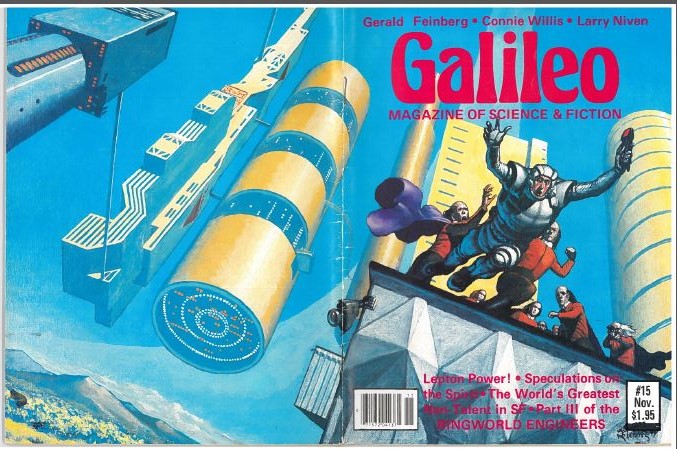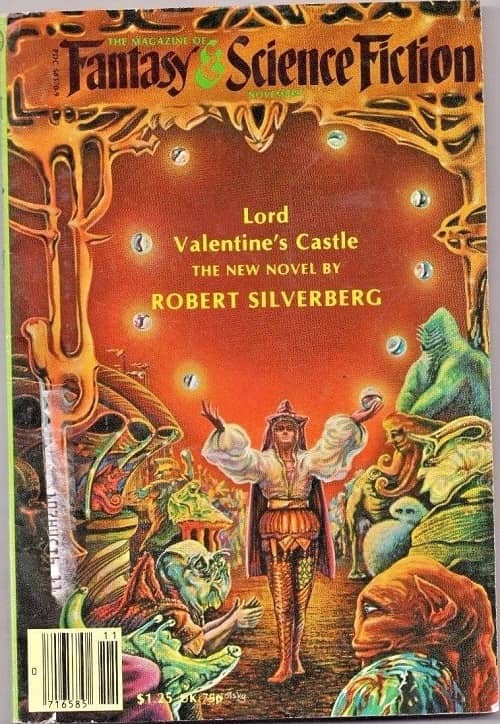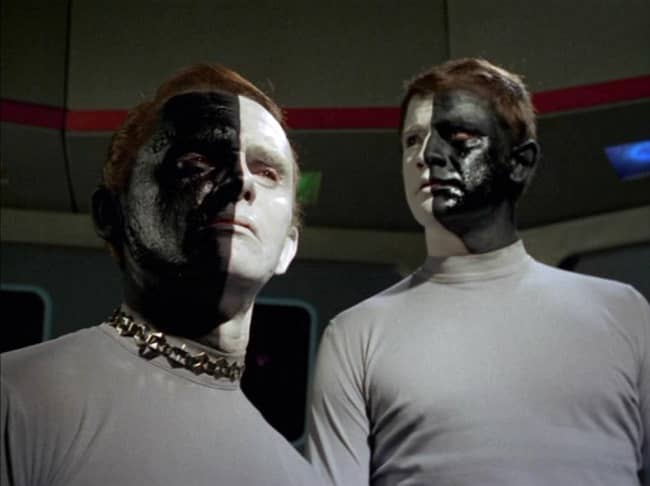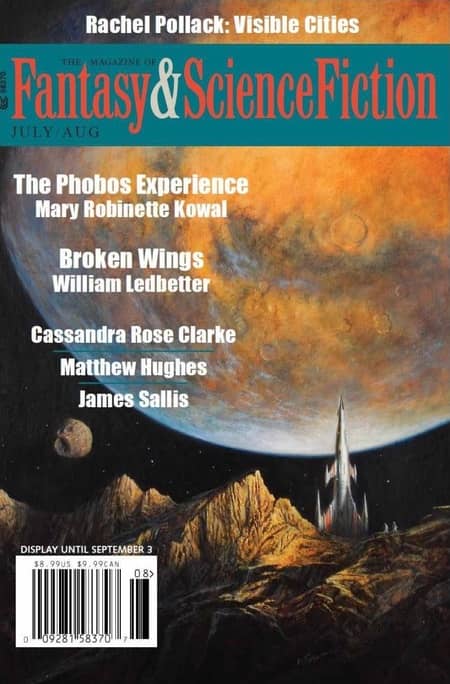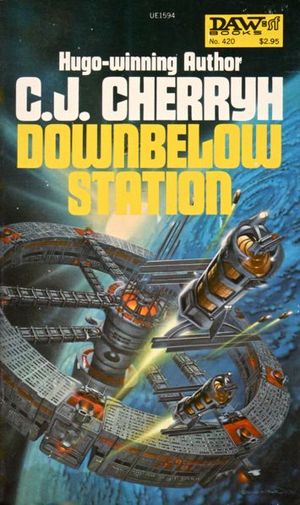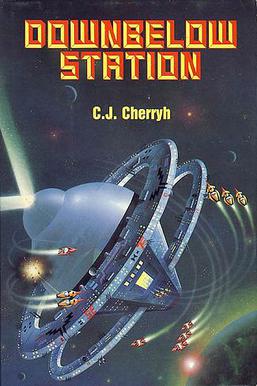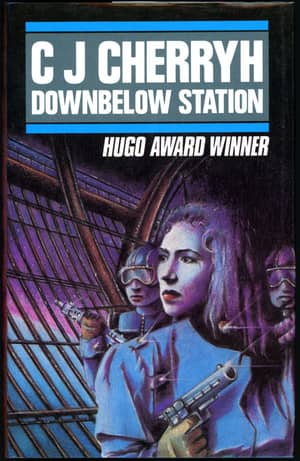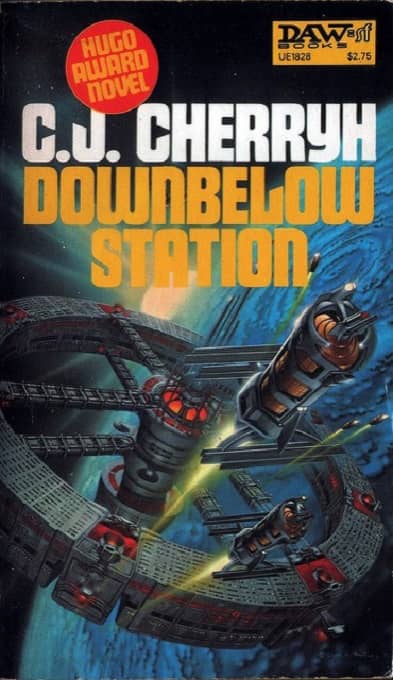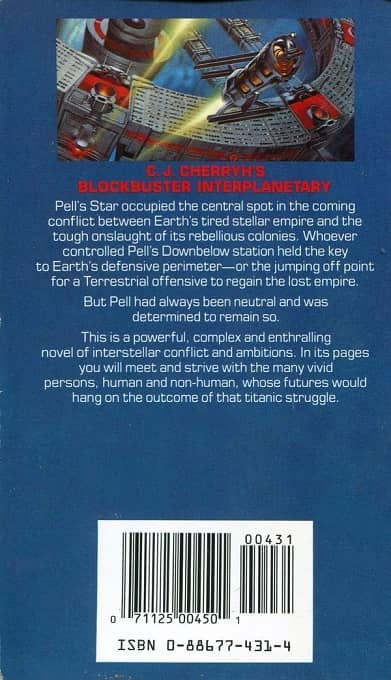Galileo Magazine of Science & Fiction, November 1979: A Retro-Review
Cover art by Larry Blamire – “Louis Wu Making Good His Escape”
I’m going to start my review of the November 1979 issue of Galileo magazine by talking about Omni. I’ve heard people, people of a certain age — people who were there, man — talk about Omni like it was the second coming of Christ. I bring that up because Galileo magazine was like Christ rolled the stone out of the way and was serving up fancy drinks in the tomb.
I’m also going to start my review of Galileo Magazine by kicking F&SF while it’s down. F&SF can’t scrape together a single piece of internal artwork? Galileo has artwork, multiple pieces at times, for each story, each article. Yes, yes, we know how it ends; slow and steady F&SF eventually wins this race, but you get my point.
In short, Galileo, while not perfect, certainly swings for the fences. It was a science fiction magazine that had one foot well in the world of sf/f writers, one foot well in the world of the serious sf/f fan, one hand guiding the casual sf/f fan, and one hand embracing the growing spheres of TV, movies, and games. It had artwork (although it was all black and white, which is one of the only things about it that seems a bit dated), and yes, it had fiction. Pretty good fiction, all around.
It is a crying shame that Galileo magazine folded in January, 1980 — literally the very next issue! It burned a bright trail in sf/f for a little less than four years.
